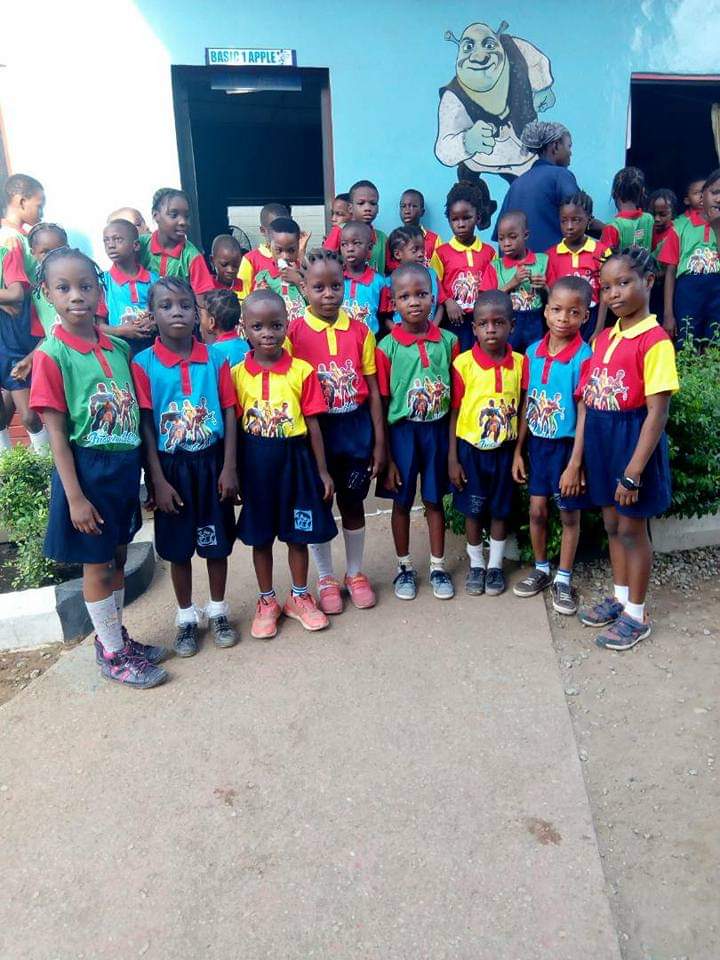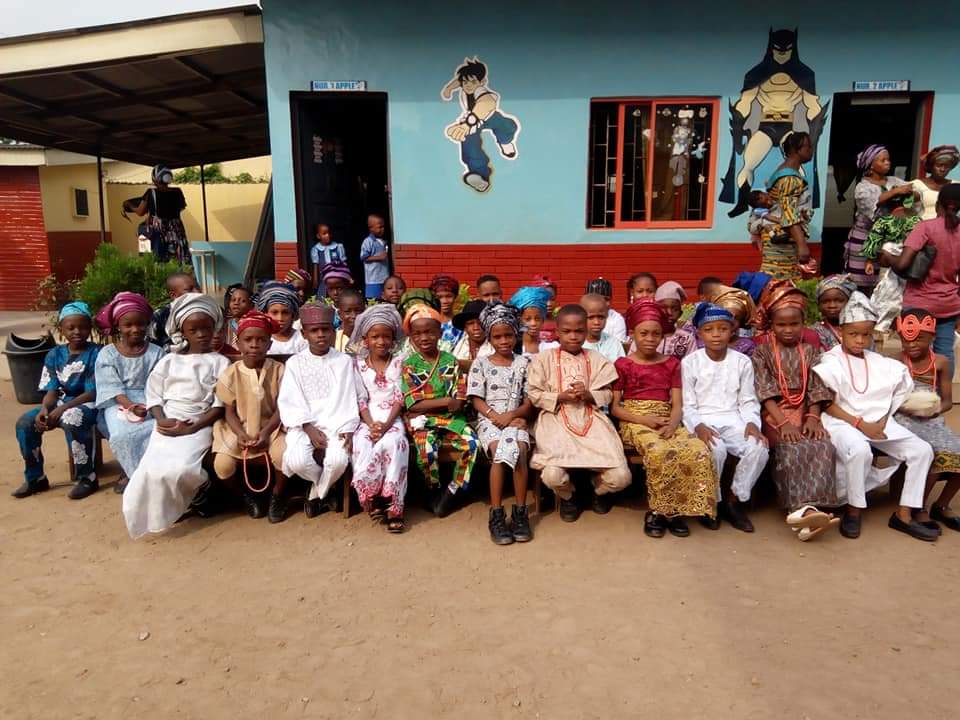Grait early years
At Grait School, the Early Years Foundation Stage (EYFS) framework is adopted, which supports an integrated approach to early learning and care. It gives all our teachers a set of common principles and commitments to deliver quality early education and childcare experiences to all children. As well as being the core document for our teachers working in the foundation years, the EYFS framework gives parents the confidence that the same statutory commitments and principles will underpin their child’s learning and development experience.
A. UNIQUE CHILD
Every child is a unique child, who is constantly learning and can be resilient, capable, confident and self-assured. Our Early Years foundation teachers understand and observe each child’s development and learning, assess individual progress and then use the information to plan for next steps or support the child to develop a positive sense of own identity and culture, while also identifying any need for additional support.
B. GRAIT POSITIVE RELATIONSHIPS
Our children learn to be strong and independent through Positive relationships.
These are relationships that are:
• warm and loving and foster a sense of belonging
• sensitive and responsive to the child’s needs, feelings and interests.
• supportive of the child’s own efforts and independence.
• consistent in setting clear boundaries
• stimulating, built on key person relationships in early years


C. ENABLING ENVIRONMENT
Grait school children learn and develop well in enabling environments, in which their experiences respond to their individual needs and there is a strong partnership between the teachers and parents.
Enabling Environment
• value all people , value learning
Offers
• We use stimulating resources, relevant to all the children’s cultures and communities
• rich learning opportunities through play and playful teaching
• support for children to take risks and explore
D. LEARNING AND DEVELOPMENT
Children develop and learn in different ways. Grait School adopted the EYFS framework, which covers the education and care of all children in Reception.
As teachers, we teach children by ensuring challenging, playful opportunities across the Prime and Specific areas of learning and development.
They foster the characteristics of effective early learning
• Playing and exploring
• Active learning
• Creating and thinking critically
Our process of effective Learning connects the “Prime and Specific Areas” of Learning and Development.

Prime Areas
This begins to develop quickly in response to relationships and experiences, and runs through, and supports, learning in all other areas.
• Personal, Social and Emotional Development
• Communication and Language
• Physical Development
Specific Areas
This includes essential skills and knowledge for our children to participate successfully in society.
• Literacy
• Mathematics
• Understanding the World
• Expressive Arts and Design
How we learn…
Adult led activities-differentiated to support and challenge individual needs.
• Opportunities for child initiated learning in all areas of learning
• Group work
• Partner work
• Wow Days
• School trips
• School visitors
• Outdoor learning area